The Ultimate Guide to Choosing the Best Organic Free-Range Chicken
Introduction
Organic free-range chicken has gained popularity among health-conscious consumers and those concerned about animal welfare. This guide ranks the most important factors to consider when selecting organic free- chicken, ensuring that you make choices that align with your health, ethical standards, and taste preferences.
1. Certification and Standards
Key Points:
- Organic Certification: Look for chickens certified by a reputable organic certification body. This ensures they were raised without synthetic pesticides, fertilizers, antibiotics, or growth hormones.
- Free-Range Verification: Ensure the chicken is genuinely free-range, meaning the birds have had access to the outdoors, allowing for natural behaviors such as pecking, scratching, and social interaction.
2. Farming Practices
Key Points:
- Ethical Treatment: Farms should prioritize humane treatment, including spacious living conditions, access to outdoor space, and a natural diet.
- Sustainability: Consider farms that employ sustainable practices such as rotational grazing, which maintains soil health and reduces environmental impact.
3. Health Benefits
Key Points:
- Nutritional Value: Organic free chicken is often richer in omega-3 fatty acids and antioxidants, and lower in saturated fat compared to conventionally raised chicken.
- No Harmful Additives: These chickens are free from antibiotics and synthetic hormones, reducing your exposure to antibiotic-resistant bacteria and hormone disruption.
4. Taste and Quality
Key Points:
- Superior Taste: Many consumers report that organic free-range chicken has a more robust and natural flavor compared to conventional chicken.
- Texture and Freshness: The meat often features a better texture and freshness due to the healthier lifestyle and diet of the chickens.
5. Availability and Price
Key Points:
- Accessibility: With the growing demand, organic free-range chicken is becoming more available in supermarkets, farmers’ markets, and through online suppliers.
- Price Consideration: While typically more expensive than conventional chicken, the price reflects the higher standards of animal welfare, environmental care, and health benefits.
Conclusion
Selecting the best organic free-range chicken involves considering a variety of factors, from ethical farming practices and certifications to health benefits and taste. By prioritizing these aspects, consumers can make informed decisions that align with their values and dietary preferences. Remember, investing in organic free-range not only benefits your health but also supports sustainable agriculture and animal welfare.
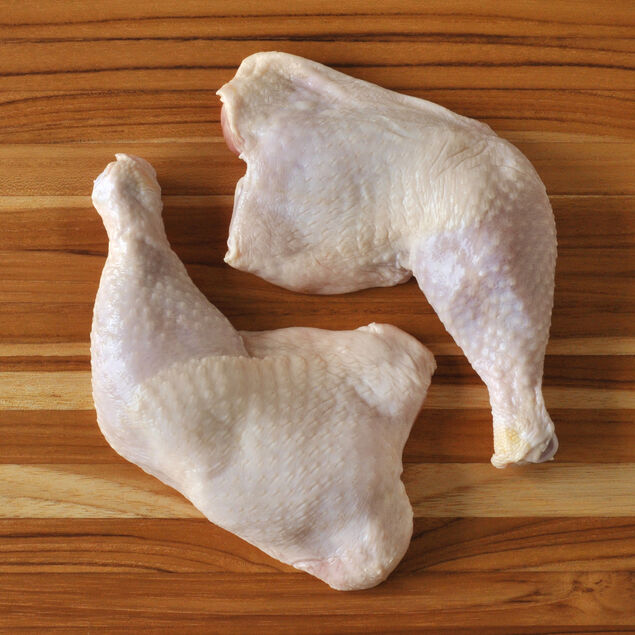
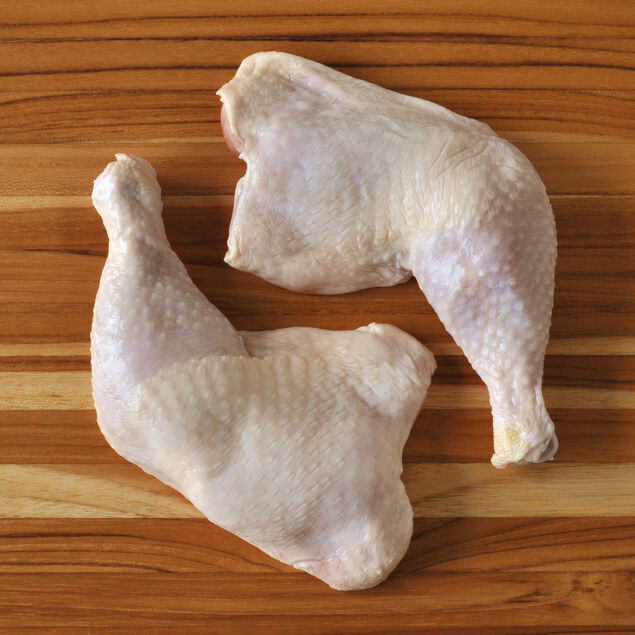
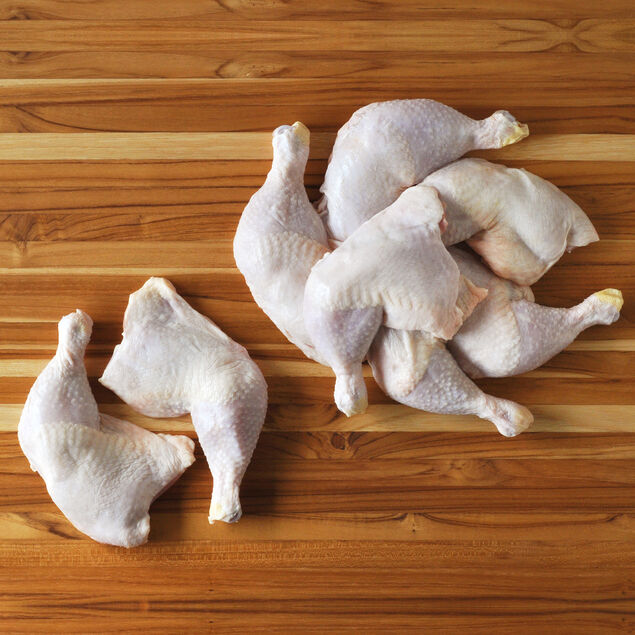


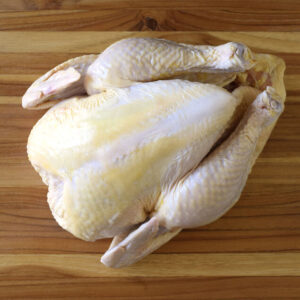
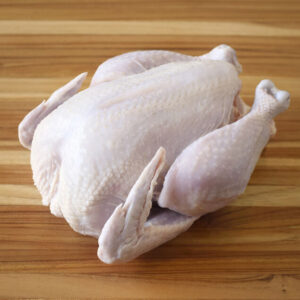
Reviews
There are no reviews yet.